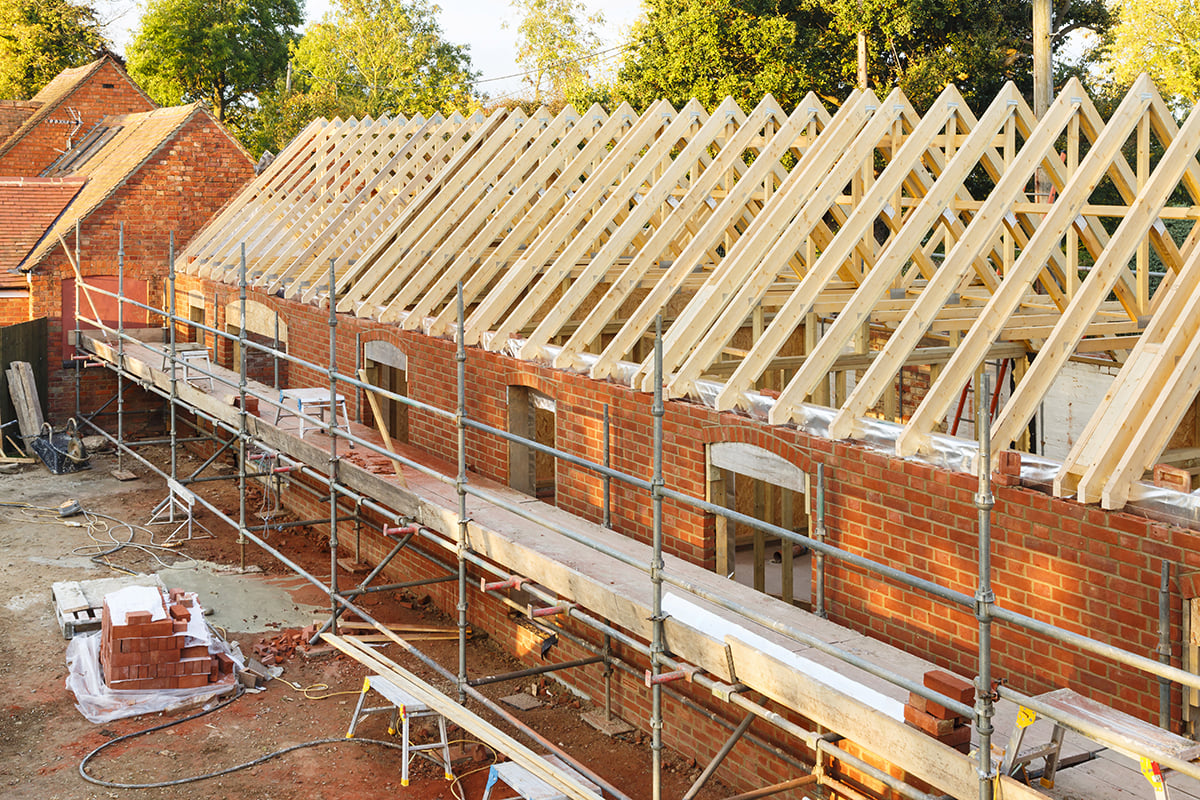Asking prices for homes in the UK saw a further dip, intensifying concerns about the housing market’s downturn, especially after Crest Nicholson issued a profit alert.
Meanwhile, in a move that caught most economists off guard, China’s central bank reduced one of its crucial lending rates but kept another steady. This has raised more questions regarding China’s slowing economy, currently grappling with deflation and decreased domestic spending. This slowdown has been further highlighted by the recent bankruptcy protection filing of Evergrande Group in the US, amidst efforts to manage its extensive debts.
The People’s Bank of China (PBoC) responded to these challenges by lowering interest rates. Still, the recent decision to only adjust the one-year loan prime rate and not the five-year equivalent was unexpected.
China’s impressive economic growth over the past 40 years is undeniable, having been a significant global influencer. Yet, some believe the country is now at a crossroads, with the need for economic restructuring possibly demanding more political flexibility, a stance its current leadership may not favour.
On the UK housing front, even though sellers have adjusted their prices, home affordability remains a pressing concern. The upcoming interest rate hikes will further strain the affordability of mortgages. Despite these challenges, experts believe the persistent housing shortages in dense UK regions will continue to bolster demand for prominent homebuilders in the long run.
In August, the FTSE 350 index of housebuilders took a substantial hit, shedding approximately £2.2bn in value, affecting giants like Crest Nicholson, Taylor Wimpey, and Berkeley Group.
Separately, a surge in add-on flight charges has come under scrutiny, with a report revealing that nearly 90% of airlines are charging extra fees beyond the primary ticket price. Ryanair, in particular, has been a focal point of these concerns.
Elsewhere, Brent crude oil prices have risen due to anticipated supply reductions from OPEC+ producers and an increase in the cost of heating oil. As a result, US WTI crude prices and shares in major oil corporations like BP saw a boost.
Finally, the Office for National Statistics in the UK unveiled data indicating persistent inflation, further suggesting that borrowing costs might soon rise. This comes on the heels of housebuilders seeing their shares plummet, with concerns about dropping asking prices and warnings of declining profits from companies like Crest Nicholson. As the day closed, analysts worldwide were evaluating China’s rate adjustments and the potential tightening of oil supplies.
As global markets grapple with shifts in housing prices, oil supply, and inflation, the ripple effects are felt from the UK to China. Economies worldwide are in a delicate balancing act, with stakeholders closely monitoring every move. It’s clear that whether it’s a homeowner in the UK or a business magnate in China, everyone is bracing for what the next chapter of this economic story might bring.







